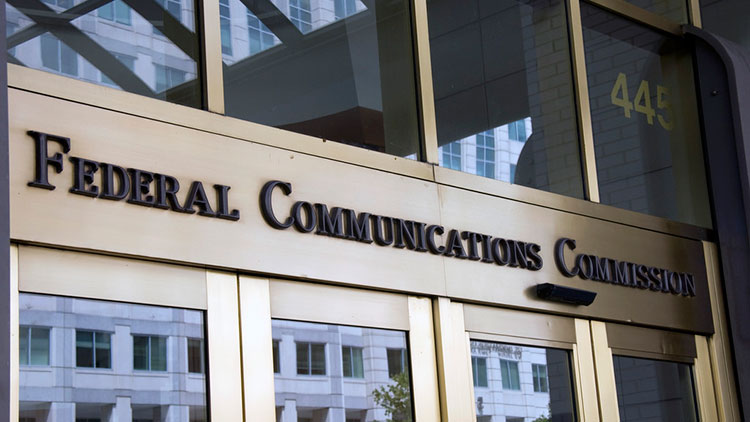Comcast: FCC Must Nip State Broadband Reg Efforts in Bud

The smarter way to stay on top of broadcasting and cable industry. Sign up below
You are now subscribed
Your newsletter sign-up was successful
Add Comcast to the list of those arguing the FCC needs to make clear in its new Open Internet/Restoring Internet Freedom order that states are preempted from adopting their own broadband regulations.
That came in a meeting between Comcast and FCC officials.
The main thrust of the meeting, according to an FCC document, was to reiterate Comcast's support for rolling back the Title II classification of ISPs and to either adopt new rules under sec. 706 authority--advancing telecommunications in a reasonable and timely manner--or have the Federal Trade Commission enforce voluntary public commitments under its Sec. 5 authority over unfair or deceptive practices.
But Comcast also emphasized that the new order, which FCC Chairman Ajit Pai could circulate to the other commissioners by the end of the month for a December vote, "should include a clear, affirmative ruling that expressly confirms the primacy of federal law with respect to BIAS as an interstate information service, and that preempts state and local efforts to regulate BIAS either directly or indirectly."
The idea is to prevent states and localities from trying to reimpose their own net regs if they don't like the FCC's new take on the Open Internet Order.
Former Republican FCC Chairman Robert McDowell was making a similar case for preemption last week at a Hill hearing on the role of antitrust in network neutrality.
Related: Comcast Streams Netflix 4K Fare to X1 Boxes
McDowell told the legislators that a "disturbing pattern" has emerged of state and local governments trying to regulate "many aspects" of broadband, including trying to recreate the broadband privacy rules Congress invalidated earlier this year.
The smarter way to stay on top of broadcasting and cable industry. Sign up below
The FCC proposed in May to (1) end Title II regulation of the internet; (2) reinstate that mobile broadband is a private mobile service; (3) eliminate the general conduct standard for reviewing possible violations of open internet principles not covered under the rules; and (4) seek comment on whether to keep, modify or eliminate bright-line rules against blocking, throttling or paid prioritization. The FCC's vote on the proposal is likely by the end of the year.
Contributing editor John Eggerton has been an editor and/or writer on media regulation, legislation and policy for over four decades, including covering the FCC, FTC, Congress, the major media trade associations, and the federal courts. In addition to Multichannel News and Broadcasting + Cable, his work has appeared in Radio World, TV Technology, TV Fax, This Week in Consumer Electronics, Variety and the Encyclopedia Britannica.

